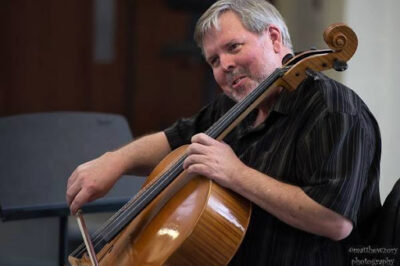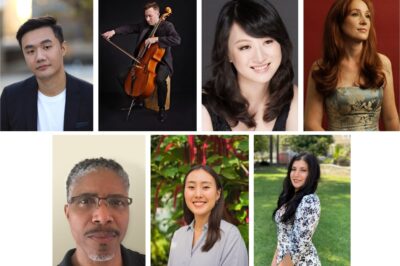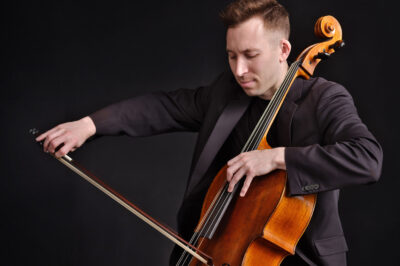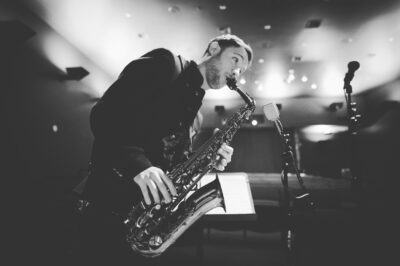Amy Rowe
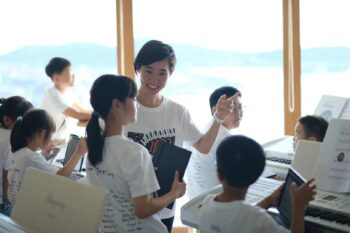
California-native Amy Rowe began her classical piano studies at age four. At age 18 she discovered her love for jazz. She has won numerous awards in classical and jazz and joined PCM’s Jazz Department in 2017. Rowe was named Chair of the Jazz Department this past fall. In the following blog, she talks about her recent trip to China for the American Jazz Academy and a little about what’s in store for the Jazz Department.
You recently came back from a trip to China. Can you tell us about what you did there?
My business partner, Ivy Guo, and I started a jazz program called the American Jazz Academy (AJA) and hosted jazz workshops for students at three music schools in Wuxi, China. I wrote a workbook for the students to learn from for the duration of the workshop, which aimed to provide methodical material for the young musicians. Interestingly, most of the students were piano players, so I also arranged a few jazz standards and their hometown song for an organ jazz ensemble so the students could learn to play together as an ensemble. By using electones (electric organs), we were able to have students perform various different parts as their own instrument. This culminated in a “jazz night” performance which had great public turnout both in-person and through the live-stream. After the workshop concluded, I was fortunate to perform with my trio in Taiwan, which was received very well despite ongoing monsoons in the country!
Did you have any lasting memories from your time in China?
Of course! For most of the students, it was their first time improvising, which is always a daunting task for any musician. Being able to see their progress throughout the workshop was super fulfilling, as I could see their attitude toward music become more and more exciting.
What was your inspiration for doing this program? Would you like to do something similar in the US?
I have found that Jazz does not have the same organized methods of instruction that Classical music has. I would like to explore the possibility of implementing a system similar to the “Certificate of Merit” program but for Jazz. Through organized instruction in ear training, repertoire, history, technique, and improvisation, I want to provide students with a structured path of progression. With that being said, I do understand that the organic approach to jazz is not through tests and exams—and I am not trying to take away that essence—but rather fill in the gaps that many students who come to learn jazz possess. It was a difficult transition for me to go from Classical to Jazz, and I want to make the learning process for all musicians looking to involve themselves with the genre to have guidance and support.
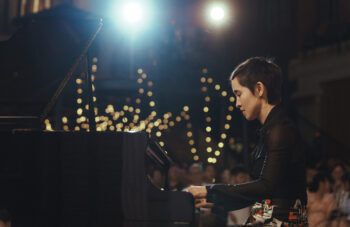
As the new Jazz Studies Department Chair, what do you have in mind for the program?
First of all, I’d like to express how honored I am to be the new chair of the department. What I’ve seen in young musicians is that they really love playing together. Lots of students take private lessons, which is really important, but the essence of playing together is a really crucial thing to have students do. Personally, playing in combos and big bands really helped shape me into the jazz musician I am today, so I am looking forward to ensuring that jazz students at PCM can enjoy playing in lots of ensembles!
As someone who started out as a classical musician, how would you recommend someone get into jazz?
I would say that the best place to start is with the classics: John Coltrane, Miles Davis, Charlie Parker, Duke Ellington, etc. From there, you can figure out what you like and explore other more recent, or lesser known, artists who share a similar style. But you really can’t go wrong, so I encourage you to explore as much as possible!
